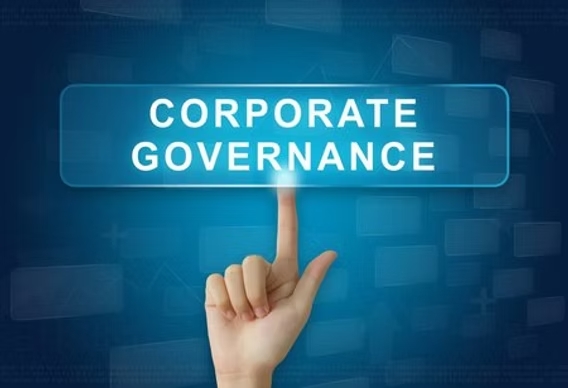In the high-stakes world of security services, ranging from private guarding to cybersecurity and surveillance, two foundational elements underpin long-term success: corporate governance and organisational culture. Though often considered separately, these pillars must be aligned to navigate regulatory pressures, manage operational risks, and foster employee loyalty in a sector where human capital and ethical conduct are paramount.
Understanding the Foundations
What is Corporate Governance?
In the security industry, corporate governance refers to the framework of policies, oversight mechanisms, and strategic controls that ensure organisations operate ethically, transparently, and in compliance with applicable laws and standards.
Key components include:
- Board oversight and structure: Promoting integrity and independent decision-making at leadership levels.
- Regulatory compliance: Adherence to licensing standards, data protection laws, and use-of-force policies.
- Transparent reporting: Disclosure of operational incidents, financial performance, and audit results.
- Stakeholder accountability: Responsiveness to clients, regulators, employees, and the public.
Governance ensures that a firm’s operations meet legal and ethical expectations, an especially critical concern in a highly scrutinised industry.
What is Organisational Culture?
Organisational culture encompasses the shared values, behaviours, and attitudes that shape how individuals within a security company interact and perform their duties.
It includes traits such as:
- Adherence to protocols under pressure
- Ethical and respectful public engagement
- Team cohesion during crises
- Responsiveness to emerging threats and operational changes
A strong culture grounded in integrity, professionalism, and discipline enhances service quality while reducing risks such as misconduct, absenteeism, and low morale frequent issues in high-turnover environments like security.
Contrasting but Complementary
Although governance and culture differ in form and function, they are complementary forces that must work in tandem for sustainable success.
| Aspect | Corporate Governance | Organisational Culture |
| Nature | Formal rules, board policies, regulatory frameworks | Informal norms, shared values, leadership tone |
| Focus | Oversight, accountability, legal compliance | Day-to-day behaviour, team dynamics, employee engagement |
| Measurement | Audits, board evaluations, incident reports | Staff surveys, retention rates, client satisfaction |
| Driven by | Board members, compliance officers, legal advisors | Supervisors, managers, frontline staff |
In essence, governance is the compass; culture is the wind. One sets the direction; the other provides energy and momentum.
Real World Case Studies
- Tyco International: Governance Failure
The 2002 scandal at Tyco International involved former CEO Dennis Kozlowski and CFO Mark Swartz, who were accused of misappropriating over $150 million. Despite a formal governance framework, the organisation’s culture fostered entitlement and lacked ethical leadership, resulting in severe financial and reputational harm. The case highlights the importance of aligning governance systems with a culture of integrity.
- KK Security, Kenya: Culture Driving Performance
A study of KK Security, a leading private security company in Kenya, found that a strong organisational culture, focusing on learning, ethical behaviour, and employee well-being, positively influenced strategic alignment and operational performance. Employees who internalised these values demonstrated greater commitment and improved client satisfaction.
Leadership: Bridging Structure and Spirit
Leaders in the security industry, whether at board level or on the frontline, play a vital role in aligning corporate governance with organisational culture. Through ethical leadership, transparent communication, and consistent role modelling, they bring policies to life and cultivate a values-driven work environment.
Best practices to foster alignment include:
- On-going ethics and compliance training
- Leadership accountability for employee welfare
- Open whistleblowing and feedback channels
- Performance incentives tied to professionalism, not just KPIs
Conclusion
In the security industry, corporate governance and organisational culture are not optional, they are strategic imperatives. Governance provides the structural framework for legal and ethical compliance, while culture drives everyday behaviour and service quality. When these two elements are harmonised, security firms are better positioned to deliver operational excellence and sustainable growth in a demanding, competitive, and regulated environment.
References
- Wariara, E. M. (2016). Effect of Organization Culture on Strategic Alignment in Private Security Companies in Kenya: A Case Study of KK Security Company.Daystar University School of Business and Economics. Retrieved from https://repository.daystar.ac.ke/handle/123456789/3734
- Tyco International. (2025). Corporate Scandal of 2002. Retrieved from https://en.wikipedia.org/wiki/Tyco_International
About the Author
Nyeperayi Gwara is a specialist in organisational strategy and governance for high-risk industries. With extensive experience in private security and risk management, he advises firms on aligning corporate controls with operational culture to ensure sustainable and ethical performance.


